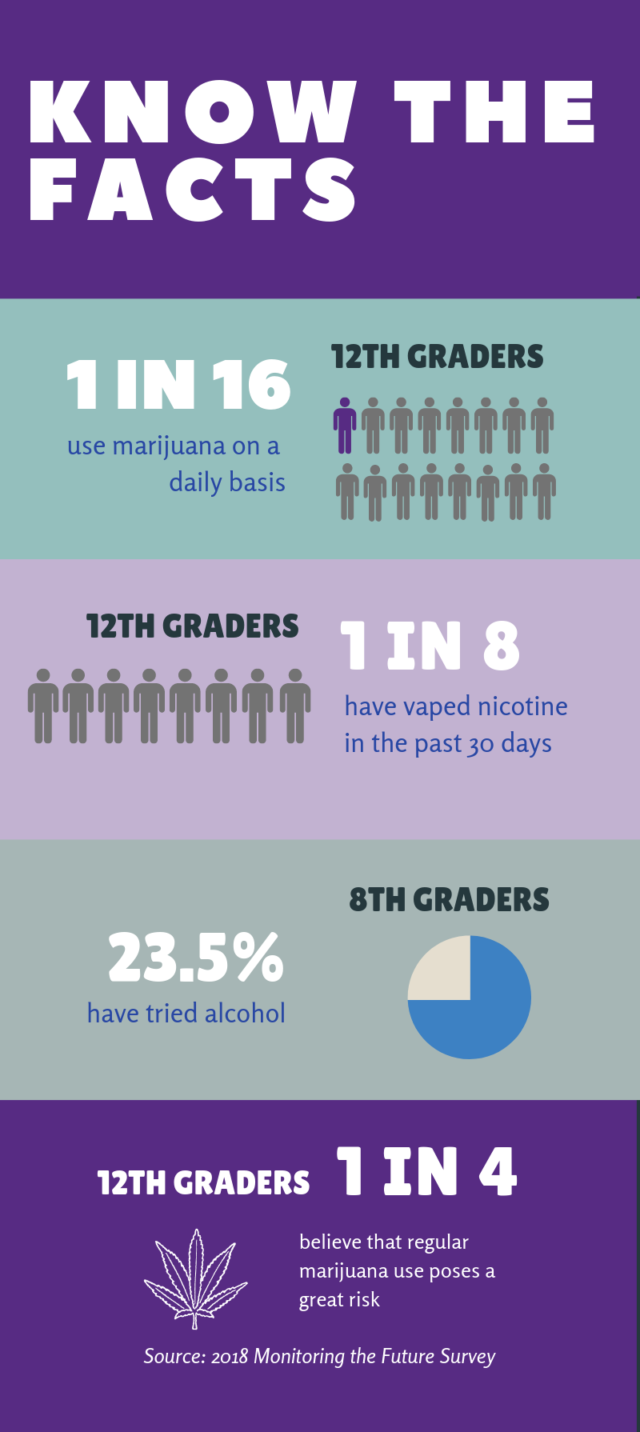Knowing Just How To Assist Your Liked One In The Past, Throughout, And After Drug Rehabilitation Can Transform Their Recuperation Trip-- Find Out The Crucial Steps To Take
Knowing Just How To Assist Your Liked One In The Past, Throughout, And After Drug Rehabilitation Can Transform Their Recuperation Trip-- Find Out The Crucial Steps To Take
Blog Article
Web Content By-Fanning Duggan
Sustaining a loved one through drug rehabilitation can be tough, but it's essential for their recuperation. You need to understand the process and be planned for the psychological ups and downs. It starts with laying a strong structure before treatment and proceeds via their time in rehab and past. How you navigate this journey can make all the distinction in their healing and your relationship. Let's explore exactly how to successfully provide that support.
Planning for Rehabilitation: Laying the Groundwork for Assistance
Before your enjoyed one gets in rehabilitation, it's necessary to prepare yourself and your support network to guarantee they receive the very best treatment feasible. Start by informing yourself concerning dependency, therapy alternatives, and the rehabilitation procedure.
Comprehend the challenges they'll face and the relevance of a supportive environment. Gather a group of friends and family that can use motivation and share responsibilities throughout this time.
Develop open lines of communication with your enjoyed one; let them understand they can rely on you. Establish boundaries to shield your own well-being while being there for them.
Finally, think about seeking expert support on your own to navigate this psychological journey. Laying this groundwork will help create a strong structure for their healing.
Offering Assistance During Therapy: Remaining Attached
Staying connected with your enjoyed one during their rehab trip is important, as it strengthens their support system and helps them really feel much less isolated. Regular communication is crucial; send out uplifting messages or make brief telephone call to advise them you care.
Be patient and understanding, as they might be hectic with therapy or feeling mentally drained.
Consider organizing gos to, if permitted, to reveal your assistance face to face. Bring a favorable perspective and listen actively, allowing them to share their ideas and sensations.
Motivate them to express their obstacles and triumphes without judgment. Your regular visibility during this time around can encourage them to stay dedicated to their healing and advise them they're not alone in this trip.
Navigating Life After Rehab: Proceeding the Trip Together
As your enjoyed one changes back right into everyday life after rehab, it's important to remain proactively involved in their healing trip.
Encourage open communication by checking in regularly and creating a safe area for them to share their feelings. Help them develop an everyday regimen that consists of healthy and balanced habits, such as exercise and well balanced dishes.
Participate in support groups with each other, which can strengthen their dedication and supply a feeling of community.
Hold your horses and understand that problems might occur; deal confidence and remind them of their progression.
Celebrate milestones, regardless of just how small, to enhance their confidence.
Conclusion
Sustaining a liked one with their rehabilitation trip is vital for their healing. By preparing before https://onlinelibrary.wiley.com/doi/full/10.1002/hcs2.1 , remaining attached during their time in rehabilitation, and being there for them afterward, you can help them navigate the challenges they encounter. Remember to prioritize open interaction and self-care, as well. https://telegra.ph/The-Significance-Of-Counseling-And-Treatment-In-Effective-Drug-Recovery-06-13-2 and understanding can make a significant difference in their healing procedure. Together, you can develop a brighter future and foster long-term positive adjustment in their life.
